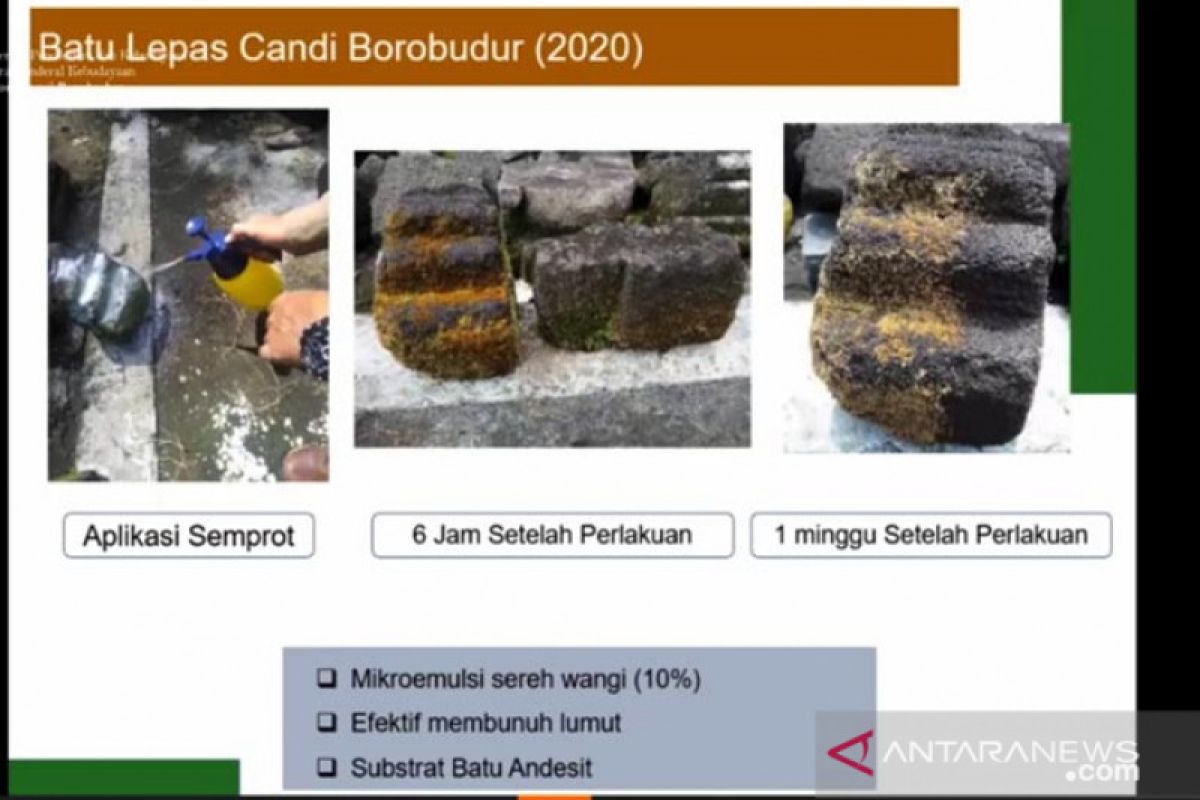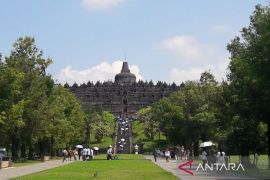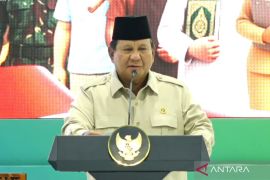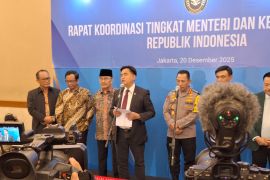Starting 2021, we will gradually use citronella oil (microemulsion) on the surface of the Borobudur Temple structure,Magelang (ANTARA) - Conservation work at the Borobudur Temple in Central Java will be carried out using a microemulsion of citronella oil from 2021, said Leliek Agung Haldoko, a conservationist with the Borobudur Conservation Office (BKB).
The move will be part of efforts to promote the use of local natural resources for preserving cultural heritage sites, he added.
"Starting 2021, we will gradually use citronella oil (microemulsion) on the surface of the Borobudur Temple structure," Haldoko said here on Monday.
Borobudur Temple, one of the world's largest Buddhist temples, is located in Kedu Valley, Central Java. It is about 45 minutes by flight from Jakarta, the capital of Indonesia.
Related news: Borobudur Temple premises disinfected amid COVID-19 outbreak
Related news: Govt to encourage investment to develop super-priority destinations
The three tiers of the monument; the pyramidal base with five concentric square terraces; the trunk of a cone with three circular platforms; and, the monumental Buddhist stupa at the top were built in the 8th and 9th centuries AD during the reign of the Syailendra Dynasty.
"The utilization of citronella oil microemulsion has several advantages. Besides killing moss or preventing its return, it is also environment-friendly," said Haldoko during a virtual discussion on "New Innovation to Preserve Cultural Sites using Essential Oils".
Essential oils extracted from plants are classified as generally recognized as safe (GRAS) by many Food and Drug Administrations, he said.
Citronella oil, he added, has a unique fragrance and does not harm humans, and is therefore, safe for conservationists.
According to Haldoko, research into the utility of essential oils, including citronella oil, for conservation work is part of BKB's commitment to develop environmentally friendly conservation substances and to stop the use of chemical substances.
In 2008, BKB was reprimanded by the United Nations Educational, Scientific and Cultural Organization (UNESCO) for using chemical substances for conservation works. The Borobudur Temple was restored with UNESCO's help in the 1970s.
Related news: Malaysian King and family visit Borobudur Temple
Related news: Jokowi views developmental progress of four destinations as sluggish
Translator: M. Hari, Gusti Nur Cahya Aryan
Editor: Mulyo Sunyoto
Copyright © ANTARA 2020












